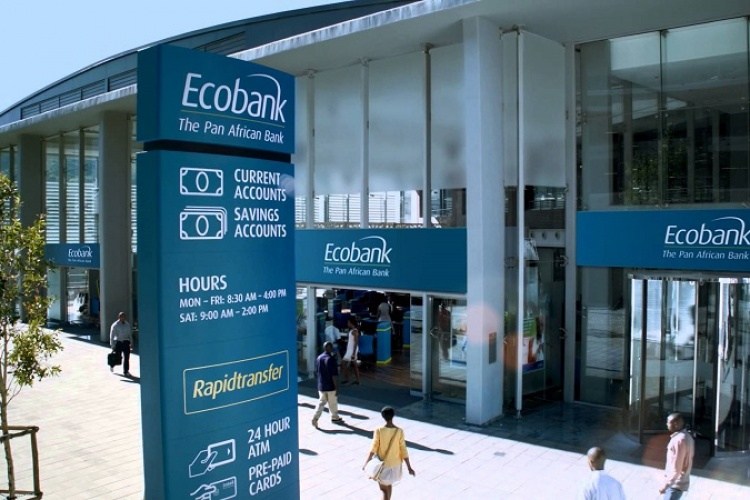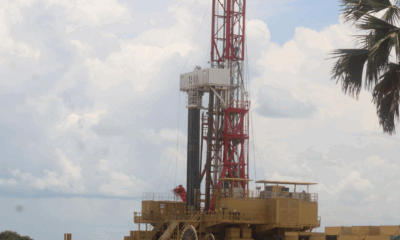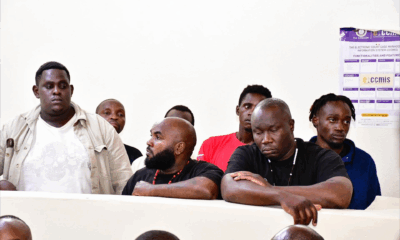Law
High Court Upholds Ecobank’s Foreclosure, Dismisses Emco Works’ Counterclaim Over Shs 395 Million Debt
The Commercial Division of the High Court has ruled in favor of Ecobank Uganda, affirming the bank’s foreclosure and sale of mortgaged property to recover Shs 395 million owed by Emco Works Limited. The decision also holds the company’s directors, Joseph Lujuza and Ponny Lusiba Kiwanuka, personally liable as guarantors of the debt.
In a judgment delivered by Justice Stephen Mubiru, the court dismissed a counterclaim brought by Emco Works and its directors, who had alleged mismanagement, undervaluation of property, and procedural irregularities in the foreclosure process.
“The plaintiff has proved on the balance of probabilities that the 1st defendant breached its contractual obligations… by reason of which it owes the plaintiff a sum of Shs 395,286,081,” Justice Mubiru stated.
Between 2010 and 2012, Emco Works obtained multiple loan facilities from Ecobank to finance road construction projects in Masindi and Wakiso. Initially secured by performance and advance payment guarantees, the loans were later backed by third-party mortgages and personal guarantees from the company’s directors.
Despite several loan restructurings, the company defaulted, prompting Ecobank to initiate foreclosure proceedings. The defendants challenged the move, arguing that the bank failed to issue proper notices, delayed disbursement of funds, and sold the mortgaged property at a gross undervalue. They also sought Shs 141 million in damages, claiming the bank’s actions were unlawful.
However, Justice Mubiru found that Ecobank complied with all statutory requirements, including issuing default and sale notices and conducting a public auction of the mortgaged property.
“Undervalue alone is not enough to vitiate the exercise of a mortgagee’s power of sale. It must be shown that the sale was made at a fraudulent or gross undervalue… conducted in bad faith or with collusion,” the judge noted.
The court accepted the bank’s valuation that pegged the forced sale value at Shs 50 million and the market value at Shs 100 million, which matched the final sale price. A 2010 valuation submitted by the defendants that had estimated the property at Shs 200 million was dismissed as outdated.
“Valuation is not an exact science… The valuation of a property is not just a reflection of its intrinsic value but also a snapshot of the economic and market conditions at a given time,” the ruling stated.
Justice Mubiru ruled that Lujuza and Kiwanuka were jointly and severally liable for the company’s default, having personally guaranteed the loan facilities.
While acknowledging that the buyer paid the balance beyond the 21-day deadline stipulated under mortgage regulations, the court considered the provision directory rather than mandatory, citing Ecobank’s acceptance of the delayed payment as a waiver.
The ruling underscores the importance of good faith and adherence to statutory procedures in foreclosure sales and clarifies that undervaluation—absent evidence of fraud—cannot invalidate the process.
“The mortgagee has a duty of care… but so long as the mortgagee observes the specified formalities and acts in good faith, his conduct cannot be challenged,” Justice Mubiru concluded.
Ecobank was awarded judgment for the full Shs 395 million, plus interest, while the defendants’ counterclaim was dismissed in its entirety, setting a significant precedent in the enforcement of commercial loan recoveries and foreclosure procedures in Uganda.
Comments























